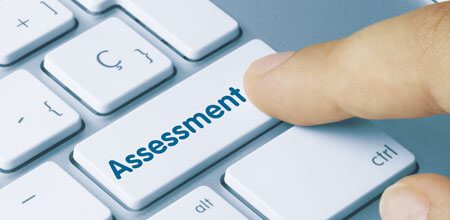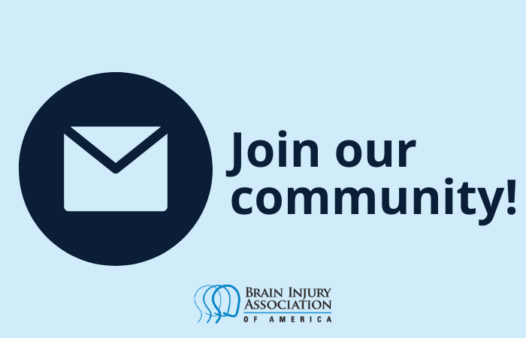Early Trials: Newly Developed Moss Attention Scale Appears to have Potential
Is the Moss Attention Rating Scale a useful tool for measuring attention skills for individuals with traumatic brain injury?
Past Studies
Past Studies recognize that it is common for individuals with traumatic brain injury to experience shorter attention spans than they did before their injuries. Individuals with attention difficulties experience problems when they try to keep their focus on a specific issue, object, or activity. They may be distracted easily and need cues from another person to complete a task. The causes of attention difficulties after traumatic brain injury are very complex and not clearly understood. Researchers have not identified the best way to accurately measure the attention skills of individuals with traumatic brain injury.
This Study
This Study focused on the creation and trial of the Moss Attention Rating Scale (MARS). The researchers consulted past studies, experts, and clinicians for input when they made the 53-test items for the MARS. Items on the MARS are scored on a 5-point scale based on the healthcare provider’s observations of an individual’s attention-related behaviors. The researchers ran two small studies and adjusted the test before using it with 228 individuals with traumatic brain injury at eight Traumatic Brain Injury Model Systems inpatient rehabilitation facilities. The researchers statistically analyzed the results from all of the items on the Moss Attention Rating Scale to find out how well the test seems to “cover” different kinds of attention problems, and how closely two different therapists working with the same patient would agree on the type and severity of the problems. Agreement between scores given by different people is one way of measuring a scale’s reliability, or general stability and soundness. The researchers found the degree of agreement to be promising, meaning that the scale might give a true score even when different people fill it out, based on different observations of the patient’s
Who May Be Affected By These Findings
Researchers, healthcare providers, individuals with traumatic brain injuries
Caveats
The researchers found that occupational therapists tended to score individuals as slightly less attentive than did physical therapists. The researchers state this may be because the therapists observe an individual doing different types of tasks, which require different amounts of attention skills. The researchers plan to examine this occurrence further and make changes to the MARS as necessary.
Bottom Line
The first studies indicate that the Moss Attention Rating Scale (MARS) for individuals with traumatic brain injury appears to be a good tool to use in inpatient rehabilitation settings. The MARS’s designers and researchers are conducting further studies to “fine tune” the scale and determine its full potential for use.
Please take a moment to comment on the value of this abstract:
Click here to take a brief survey
Find This Study
Whyte, J., Hart, T., Bode, R.K., & Malec, J.F. (2003). The Moss Attention Rating Scale for traumatic brain injury:


